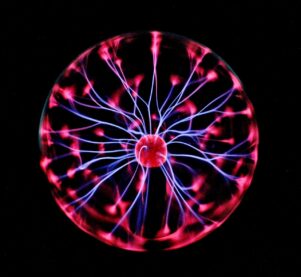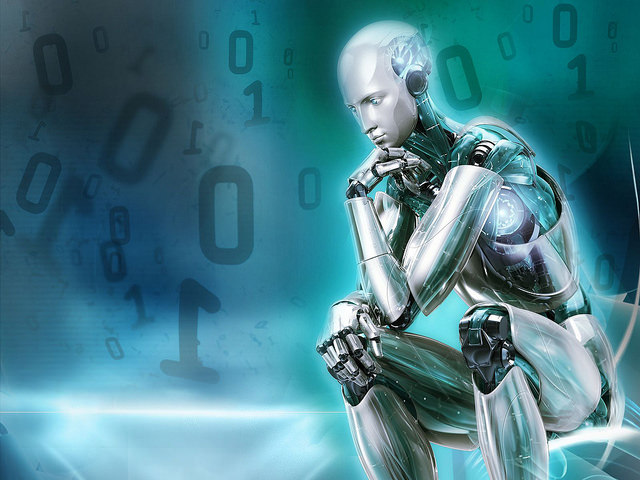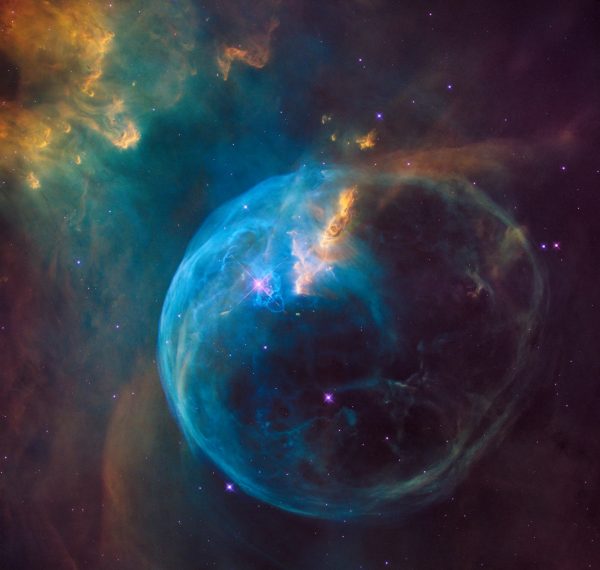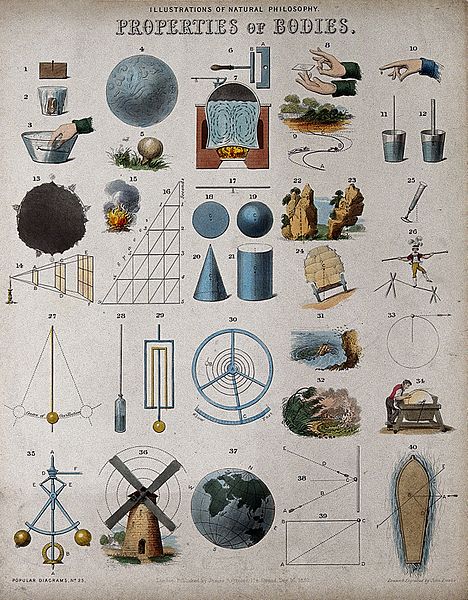The Science of Tomorrow: An Alliance of Reason and Spirituality
Article By Jean Staune
 In view of what is happening today, it is possible that science may hold a less important place in the culture of tomorrow. Why? Because when science is called upon to express its view on certain subjects, it often adopts an excessively authoritarian tone. This uncompromising approach has discredited it in the eyes of public opinion and, over the years, has led to an attitude of rejection. We have reached a point today where this deleterious effect is feeding an increasingly virulent current of thought: the antiscience movement.
In view of what is happening today, it is possible that science may hold a less important place in the culture of tomorrow. Why? Because when science is called upon to express its view on certain subjects, it often adopts an excessively authoritarian tone. This uncompromising approach has discredited it in the eyes of public opinion and, over the years, has led to an attitude of rejection. We have reached a point today where this deleterious effect is feeding an increasingly virulent current of thought: the antiscience movement.
Science found its place and its legitimacy in the last century with the blossoming of modernity. If in our age, the so-called post-modern era, it still wishes to occupy its rightful place, it needs to reform itself. Unless it does so, it risks leaving the centre stage to obscurantism and ceasing to contribute to the progress of ideas. To avoid this, a change of model is necessary, not only so that its virtues can be restored, but also so that it can gain the approval of two significant actors: the general public, with a renewal of trust, and governments, with a level of financial support that is worthy of the name.
In order to bring about this change towards a new public perception, science has to become more humble. To be aware of its limits. To accept a great challenge, which I believe is the challenge of tomorrow, which is to dare to present itself, not only with a face of reason, but also with a spiritual dimension: a quest for truth, a quest for knowledge, a search for meaning, far removed from all forms of dogmatism.
I am hopeful that such a science which, epistemologically, would be something quite different from what it is now, can be developed. It would lead to the decline of superstition, without setting itself up as an authority of meaning. Today, this innovative science is evolving, its outlines are beginning to appear on the horizon of the future. The works of Bernard d’Espagnat, Wolfgang Pauli, Michael John Denton, Kurt Gödel, Roger Penrose, Trinh Xuan Thuan and many others are its precursors. This new scientific paradigm has the potential to be the paradigm of tomorrow and to take a prominent place in the culture of the 21st century. It would liberate humanity from two forms of ignorance, which constitute a threat to the coming civilization: religious superstition and scientific dogma.
Albert Einstein, a visionary, a great scientist and a philosopher, who radically called into question the assumptions of an era, ventured to give this new paradigm a name: the cosmic religion[1].
“I maintain that the cosmic religious feeling is the strongest and noblest motive for scientific research.”[2]
“Science without religion is lame, religion without science is blind.”[3]
Jean Staune is a French philosopher of science, consultant, lecturer and essayist. His latest work is entitled “La grande mutation, pourquoi votre futur sera extraordinaire” (“The great mutation, why your future will be extraordinary”), Editions Diateno, 2021.
Image Credits: By Pixabay | CC BY PD
The entity posting this article assumes the responsibility that images used in this article have the requisite permissionsImage References
By Pixabay | CC BY PD
Permissions required for the publishing of this article have been obtained
Article References
This article, which appeared in a special 2022 edition of the French magazine Acropolis, has been translated from the French by Julian Scott. [1] See www.washingtonpost.com/archive/opinions/1985/12/22/einsteins-intoxication-with-the-god-of-the-cosmos/4b979fa2-7367-4814-b70c-109fb7642b1b/ [2] Albert Einstein, The World as I See it [3] Albert Einstein, Science and Religion, Ideas and Opinions




What do you think?